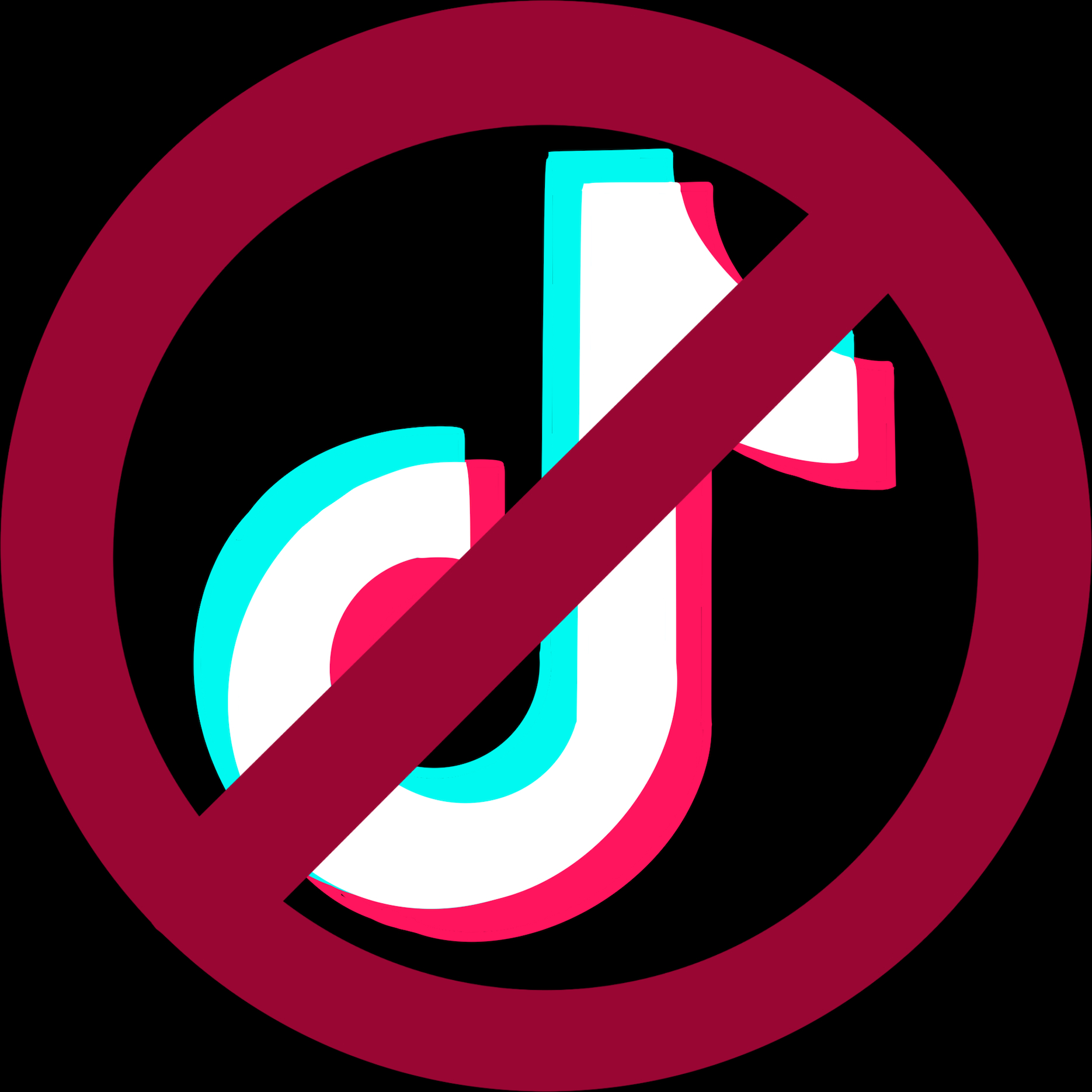TikTok’s rise in popularity in recent years has brought up many concerns about its effects
on mental health. Two-thirds of teens report using it, according to a 2022 Pew Research Center
poll. While it has become the dominant social media app, second only to YouTube, depression
and anxiety have also risen to an all-time high among college students and young adults. Many
cite social media as the cause of this trend.
Additionally, “[TikTok] takes away too much time from students from doing the other
things that they want to be doing,” including “their academic work, clubs and organizations, or
just socializing face to face,” said Dr. Bill Burns, director of the counseling center at NDSU. He
cited an older study relating depression levels to time spent on Facebook. “There’s a perfectly
linear relationship…and that was just with Facebook.”
A big factor in people’s relationships with social media is the role it played in their lives
during the pandemic. “After the pandemic, lots of students thought oh, I have ADHD, I just can’t
focus or concentrate,” said Burns, who clarified that a person can’t actually develop ADHD from
being on social media too much, but can experience similar symptoms. “Part of that was just the
world was different—living online for class…spending a lot of time on TikTok every day to get
social interaction.”
Since the average TikTok video is about thirty seconds long, it trains a student’s attention
span to want a change in focus every thirty seconds. This puts them at a disadvantage when they
need to focus on an hour-long class or a thirty-minute homework assignment and can cause them
to feel more stressed about schoolwork.
Making the choice to leave TikTok or use it less can be hard—“Students tell me they
spend five hours a day on TikTok…it’s just the generation they grew up in, and the selling point
is that it’s their connection to the world and all of their friends,” said Burns.
Students who want to reduce TikTok’s hold on their lives have many options, said Burns,
and don’t need to feel like they’re cutting themselves off completely. “Set your phone so it only
allows you a certain amount of time [on TikTok], or schedule yourself a time in the day to do
social media, like you might schedule a class.” Another option is to make time in the day for
hobbies that don’t involve screens and aren’t career-related. Investing in a passion can give a
mood boost that lasts longer and isn’t as addictive as scrolling.
And if they still feel like TikTok is ruling their lives? There’s no shame in asking for
help—Burns said, “They can sit down and talk to us about the different things they can do and
we can help coach them into doing that.”
At no cost, any enrolled NDSU student can meet with a counselor in person or virtually
to talk about what they’re struggling with or attend a group session if they find one-on-one too
daunting. They can also make use of the counseling center’s new relaxation room, where
spending time in the massage chair could be a good alternative to unwinding by scrolling. The
counseling center and relaxation room are located on the second floor of Ceres Hall and are open
from 8-5 every weekday.
